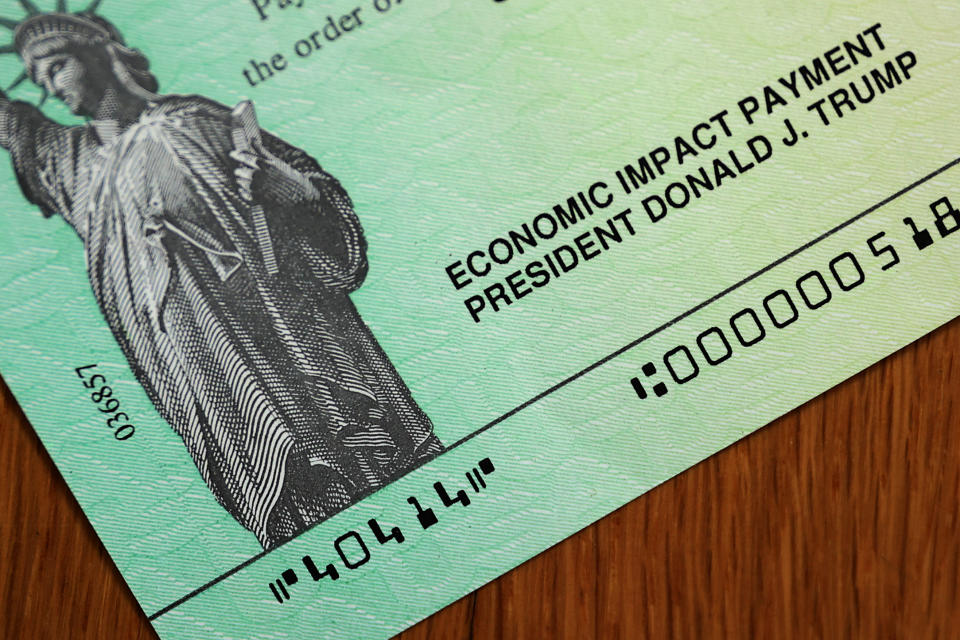Fewer Americans sought relief on bills in August, but delinquencies on big payments inched up
The number of Americans seeking relief on their bills dropped again in August, according to a new report, but an uptick in early delinquencies for car and mortgage payments could mean some are struggling.
The percentage of accounts in hardship programs for credit cards, auto loans, personal loans, and mortgages all declined in August from July, according to a TransUnion’s report based on 5 million consumer credit records.
Read more: Here’s what to do if you can’t pay your mortgage
But the share of accounts 30 days past due for auto loans edged up to 2.61% from July’s 2.53%, while mortgages that were a month behind increased to 1.74% from 1.7% in July.
“The 30+ days past due metric can be used as an early indicator that an account may go delinquent,” said Matt Komos, vice president of research and consulting at TransUnion. “However, it does not necessarily mean the account will go seriously delinquent.”

Rising near-term delinquencies could indicate that Americans who felt like they stood on solid financial footing at the start of the pandemic might now be struggling, but Komos noted that the 60- and 90-day past due metrics have so far “remained relatively stable.”
“The consumer may have simply forgotten to make a payment,” Komos said, “or may be running a few days or weeks behind, but still intends to make that payment.”
‘Financial accommodation programs have worked as intended’

On a more promising note, the report indicated that the percentage of accounts in forbearance, frozen, or deferred continued a downward month-over-month trajectory for auto, credit cards, mortgage, and unsecured personal loans.
The positive trend reflects the efficacy of resources like lenders offering payment flexibility and added liquidity instituted during the pandemic.
Read more: Coronavirus and bankruptcy: What you need to know
“Financial accommodation programs have worked as intended,” Komos said, “providing consumers with much-needed payment flexibility during a period of economic uncertainty.”
Stephanie is a reporter for Yahoo Money and Cashay, a new personal finance website. Follow her on Twitter @SJAsymkos.
'I don't want to die by going back to school': Teachers pen wills before returning to classrooms
Coronavirus puppy scams 'seemed legit,' ensnared dog lovers amid pandemic: Illegal Tender podcast
American tourists face bans and restrictions across the world amid shoddy pandemic response
Follow Yahoo Finance on Twitter, Facebook, Instagram, Flipboard, SmartNews, LinkedIn, YouTube, and reddit.

 money
money 

